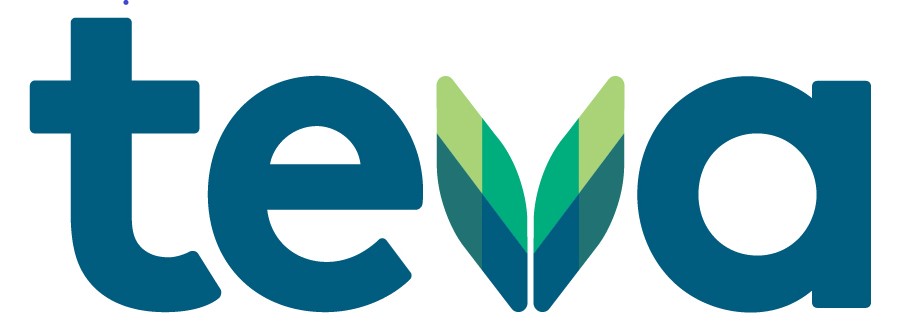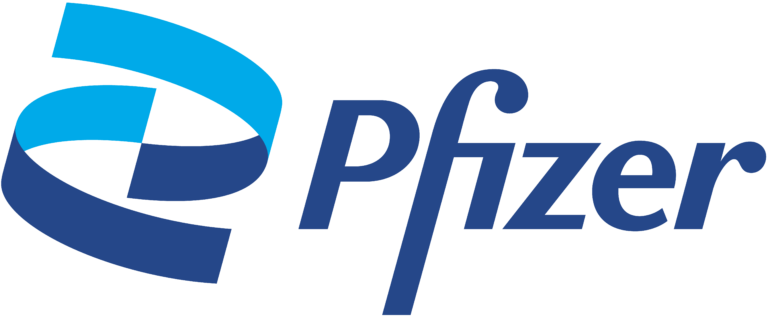Support is available for your eligible commercially insured patients with moderate to severe rheumatoid arthritis who have been prescribed a Genentech medication.
As part of our commitment to helping patients access their prescribed Genentech medications, Genentech has helped approximately 108,782 patients with their ACTEMRA® (tocilizumab) co-pays across all indications.
Your patients who have been prescribed ACTEMRA could pay as little as $0 per drug co-pay* (up to $15,000 annually) through the ACTEMRA Co-Pay Program.
Patients who are eligible for the program may use the program for either ACTEMRA IV or ACTEMRA SC for self-injection. There is no income limit for this program.
For more details on program eligibility, and to apply for the program, visit RACopay.com or call (855) RA-COPAY (855-722-6729)
Additional assistance is available for those patients not eligible for the ACTEMRA Co-Pay Program.
ACTEMRA Access Solutions offers access and reimbursement support for your patients and practice. To speak with one of our dedicated specialists, visit Genentech-Access.com/ACTEMRA or call (877) GENENTECH (877-436-3683).
*The final amount owed by patients may be as little as $0 but may vary depending on the patient’s health insurance plan. Eligible commercially insured patients who are prescribed ACTEMRA for an FDA-approved use can receive up to $15,000 in assistance annually for drug costs. See terms and conditions. Program limits apply.
IV=intravenous; RA=rheumatoid arthritis; SC=subcutaneous.
TERMS AND CONDITIONS
The Co-pay Program (“Program”) is valid ONLY for patients with commercial (private or non-governmental) insurance who have a valid prescription for a Food and Drug Administration (FDA)-approved indication of a Genentech medicine. The Program is not available to patients whose prescriptions are reimbursed under any federal, state, or government-funded insurance programs (included but not limited to Medicare, Medicare Advantage, Medigap, Medicaid, TRICARE, Department of Defense, or Veterans Affairs Programs) or where prohibited by law or by the patient’s health insurance provider. If at any time a patient begins receiving prescription drug coverage under any such federal, state or government-funded healthcare programs, the patient will no longer be eligible for the Program.
Under the Program, the patient may be required to pay a co-pay. The final amount owed by a patient may be as little as $0 for the Genentech medicine (see Program specific details available at the Program website). The total patient out-of-pocket cost is dependent on the patient’s health insurance plan. The Program assists with the cost of the Genentech medicine only. It does not assist with the cost of other medicines, procedures or office visit fees. After reaching the maximum annual Program benefit amount, the patient will be responsible for all remaining out-of-pocket expenses. The Program benefit amount cannot exceed the patient’s out-of-pocket expenses for the Genentech medicine.
All participants are responsible for reporting the receipt of all Program benefits as required by any insurer or by law. The Program is only valid in the United States and U.S. Territories, is void where prohibited by law and shall follow state restrictions in relation to AB-rated generic equivalents (e.g., MA, CA) where applicable. No party may seek reimbursement for all or any part of the benefit received through the Program. The value of the Program is intended exclusively for the benefit of the patient. The funds made available through the Program may only be used to reduce the out-of-pocket costs for the patient enrolled in the Program. The Program is not intended for the benefit of third parties, including without limitation third party payers, pharmacy benefit managers, or their agents. If Genentech determines that a third party has implemented a program that adjusts patient cost-sharing obligations based on the availability of support under the Program and/or excludes the assistance provided under the Program from counting towards the patient’s deductible or out-of-pocket cost limitations, Genentech may impose a per fill cap on the cost- sharing assistance available under the Program. Submission of true and accurate information is a requirement for eligibility and Genentech reserves the right to disqualify patients who do not comply with Genentech Program Terms and Conditions. Genentech reserves the right to rescind, revoke or amend the Program without notice at any time.
Additional terms and conditions apply. Please visit the Co-pay Program website for the full list of Terms and Conditions.
INDICATION
ACTEMRA is indicated for the treatment of adult patients with moderately to severely active rheumatoid arthritis (RA) who have had an inadequate response to one or more Disease-Modifying Anti-Rheumatic Drugs (DMARDs).
BOXED WARNING and Additional Important Safety Information
RISK OF SERIOUS INFECTIONS:
Patients treated with ACTEMRA are at increased risk for developing serious infections that may lead to hospitalization or death, including tuberculosis (TB), bacterial, invasive fungal, viral, or other opportunistic infections. If a serious infection develops, interrupt ACTEMRA until the infection is controlled.
Reported infections include:
- Active tuberculosis, which may present with pulmonary or extrapulmonary disease. Patients should be tested for latent tuberculosis before ACTEMRA use and during therapy. Treatment for latent infection should be initiated prior to ACTEMRA use.
- Invasive fungal infections, including candidiasis, aspergillosis, and pneumocystis. Patients with invasive fungal infections may present with disseminated, rather than localized, disease.
- Bacterial, viral and other infections due to opportunistic pathogens.
The risks and benefits of treatment with ACTEMRA should be carefully considered prior to initiating therapy in patients with chronic or recurrent infection.
Patients should be closely monitored for the development of signs and symptoms of infection during and after treatment with ACTEMRA, including the possible development of tuberculosis in patients who tested negative for latent tuberculosis infection prior to initiating therapy.
ACTEMRA is contraindicated in patients with known hypersensitivity to ACTEMRA.
Other serious or potentially life-threatening adverse reactions that have been reported in clinical trials with ACTEMRA include gastrointestinal perforations. Use ACTEMRA with caution in patients who may be at risk for GI perforations.
Monitor patients for signs and symptoms of hepatic injury. Modify or discontinue
ACTEMRA if abnormal liver tests persist or worsen or if clinical signs and symptoms of liver disease develop.
Laboratory monitoring is recommended due to potential consequences of treatment-related laboratory abnormalities in neutrophils, platelets, lipids, and liver function tests.
Hypersensitivity reactions, including anaphylaxis, death and serious cutaneous reactions including Drug Reaction with Eosinophilia and Systemic Symptoms (DRESS) have occurred.
- If a hypersensitivity reaction occurs, discontinue ACTEMRA, treat promptly, and monitor until reaction resolves
Avoid use of live vaccines concurrently with ACTEMRA, as clinical safety has not been established.
Other potential risks of ACTEMRA include demyelinating disorders and malignancies.
Treatment with ACTEMRA is not recommended in patients with active hepatic disease or hepatic impairment.
Most common adverse reactions (≥ 5%) include upper respiratory tract infections, nasopharyngitis, headache, hypertension, increased ALT, injection site reactions (SC only).
You may report side effects to the FDA at (800) FDA-1088 or www.fda.gov/medwatch. You may also report side effects to Genentech at (888) 835-2555.
Please see additional Important Safety Information in accompanying full Prescribing Information, including BOXED WARNING.
Posted by























